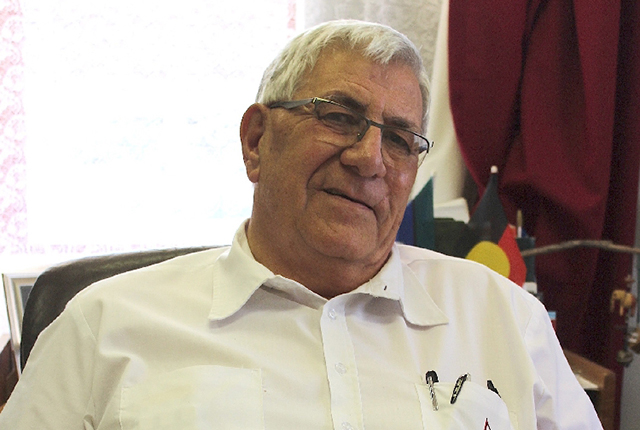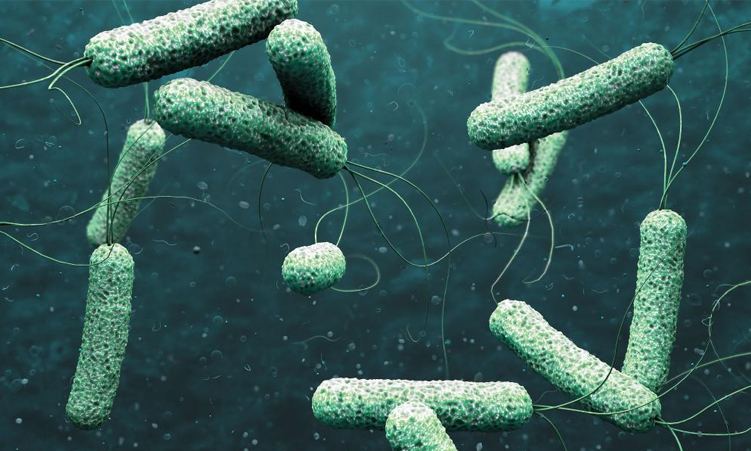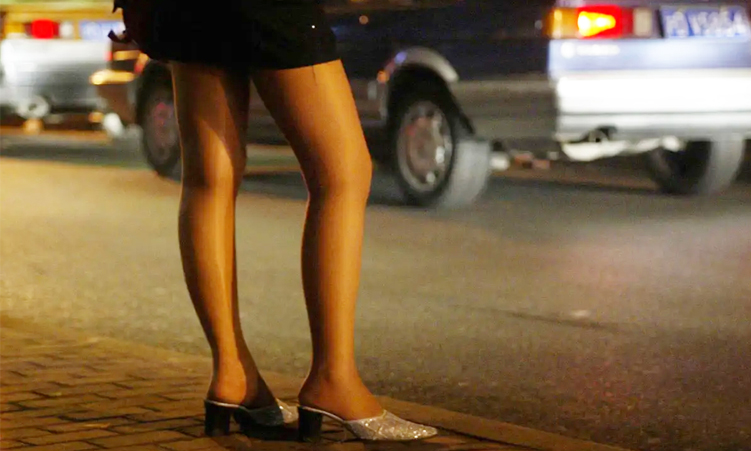A south African ballistics expert has not yet been able to examine evidence alleged to link former Namibian Institute of Mining and Technology (Nimt) employee Ernst Lichtenstrasser to the murder of the institute’s two top executives in April 2019.
The ballistics expert has not been able to travel to Namibia to examine exhibits in Lichtenstrasser’s case, as he has not received a Namibian work permit yet, defence lawyer Albert Titus informed judge Christie Liebenberg during a short appearance by Lichtenstrasser in the Windhoek High Court yesterday.
Liebenberg postponed Lichtenstrasser’s trial to 14 August at the end of his court appearance.
The trial started in February 2021, when Lichtenstrasser (62) denied guilt on eight charges, including two counts of murder, charges of possession of firearms and ammunition without a licence, and a count of defeating or obstructing the course of justice.
The state is alleging that Lichtenstrasser murdered Nimt executive director Eckhart Mueller (72) and his deputy, Heimo Hellwig (60), by gunning them down at the Nimt head office at Arandis in the Erongo region on the morning of 15 April 2019.
The state is also alleging that Lichtenstrasser had been involved in a dispute with the institute’s top management about a decision to transfer him from the Nimt campus at Tsumeb, where he was based, to Keetmanshoop, before Mueller and Hellwig were killed.
A ballistics expert employed by the Namibian Police Forensic Science Institute has told the court during the trial that eight spent cartridge casings and a bullet point found at the scene where Mueller and Hellwig were shot were linked to a 9mm Beretta pistol which police officers discovered buried in the desert about 15 kilometres from Arandis a month after the murders.
The witness also testified that the pistol could be linked to other spent cartridge casings, which, according to previous witnesses in the trial, had been found at Lichtenstrasser’s house at Otavi and at a shooting range on a farm near Tsumeb which had been used by Lichtenstrasser.
According to other evidence before the court, DNA test results connected Lichtenstrasser to a gun holster and the firearm parts found near Arandis on 17 May 2019.
The South African ballistics expert is expected to examine the alleged murder weapon and related evidence allegedly linking Lichtenstrasser to the killings, before he testifies as a witness in Lichtenstrasser’s defence.
Lichtenstrasser was arrested at Karibib during the evening of 16 April 2019. He has been held in custody since his arrest.
Stay informed with The Namibian – your source for credible journalism. Get in-depth reporting and opinions for
only N$85 a month. Invest in journalism, invest in democracy –
Subscribe Now!










